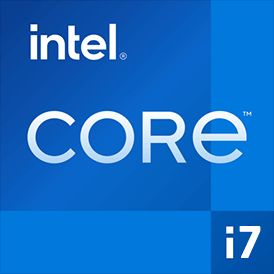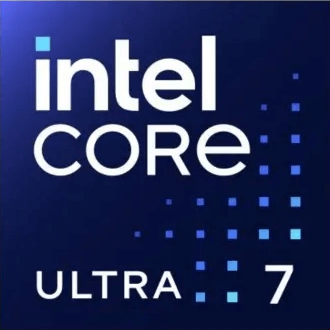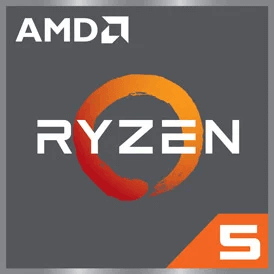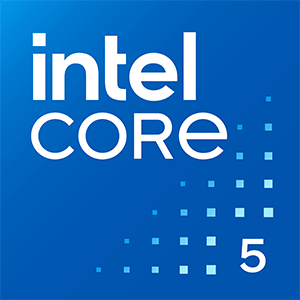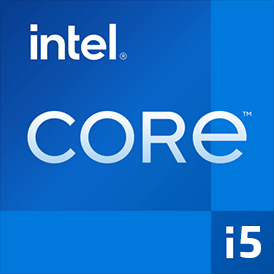Intel Core i7 12700H vs Intel Core Ultra 7 266V
We compared two laptop CPUs: Intel Core i7 12700H with 14 cores 2.3GHz and Intel Core Ultra 7 266V with 8 cores 2.2GHz . You will find out which processor performs better in benchmark tests, key specifications, power consumption and more.
Main Differences
Intel Core i7 12700H 's Advantages
Higher base frequency (2.3GHz vs 2.2GHz)
Larger L3 cache size (24MB vs 12MB)
Intel Core Ultra 7 266V 's Advantages
Released 2 years and 8 months late
Better graphics card performance
Higher specification of memory (8533 vs 5200)
Larger memory bandwidth (136GB/s vs 76.8GB/s)
Newer PCIe version (5.0 vs 4.0)
More modern manufacturing process (3nm vs 10nm)
Lower TDP (37W vs 45W)
Score
Benchmark
Cinebench R23 Single Core
Intel Core i7 12700H
1786
Intel Core Ultra 7 266V
+16%
2081
Cinebench R23 Multi Core
Intel Core i7 12700H
+24%
15877
Intel Core Ultra 7 266V
12798
Geekbench 6 Single Core
Intel Core i7 12700H
2011
Intel Core Ultra 7 266V
+44%
2906
Geekbench 6 Multi Core
Intel Core i7 12700H
11276
Intel Core Ultra 7 266V
11358
Cinebench 2024 Single Core
Intel Core i7 12700H
103
Intel Core Ultra 7 266V
+20%
124
General Parameters
Jan 2022
Release Date
Sep 2024
Intel
Manufacturer
Intel
Laptop
Type
Laptop
x86-64
Instruction Set
x86-64
Alder Lake-H
Core Architecture
Lunar Lake
i7-12700H
Processor Number
266V
BGA-1744
Socket
FCBGA-2833
Iris Xe Graphics (96EU)
Integrated Graphics
Arc Graphics 140V
-
Generation
Ultra 7(Lunar Lake)
Package
10 nm
Manufacturing Process
3 nm
45 W
Power Consumption
17-37 W
100 °C
Peak Operating Temperature
100 °C
-
Foundry
TSMC
CPU Performance
6
Performance Cores
4
-
Performance Core Threads
4
2.3 GHz
Performance Core Base Frequency
2.2 GHz
4.7 GHz
Performance Core Turbo Frequency
5 GHz
8
Efficiency Cores
4
-
Efficiency Core Threads
4
-
Efficiency Core Base Frequency
2.2 GHz
-
Efficiency Core Turbo Frequency
3.7 GHz
14
Total Core Count
8
20
Total Thread Count
8
100 MHz
Bus Frequency
100 MHz
23x
Multiplier
22x
-
L0 Cache
48 KB
80 K per core
L1 Cache
192 KB per core
1280 K per core
L2 Cache
14 MB
24 MB shared
L3 Cache
12 MB
No
Unlocked Multiplier
No
-
SMP
1
Memory Parameters
DDR5-4800, DDR4-3200, LPDDR5-5200, LPDDR4x-4267
Memory Types
LPDDR5X-8533
64 GB
Max Memory Size
32 GB
2
Max Memory Channels
2
76.8 GB/s
Max Memory Bandwidth
136 GB/s
No
ECC Memory Support
No
Graphics Card Parameters
true
Integrated Graphics
true
300 MHz
GPU Base Frequency
600 MHz
1400 MHz
GPU Max Dynamic Frequency
2000 MHz
768
Shader Units
1024
48
Texture Units
24
Raster Operation Units
96
Execution Units
8
15 W
Power Consumption
2.150 TFLOPS
Graphics Performance
4.1 TFLOPS
AI Accelerator
-
NPU
Intel® AI Boost
-
Theoretical performance
48 TOPS
